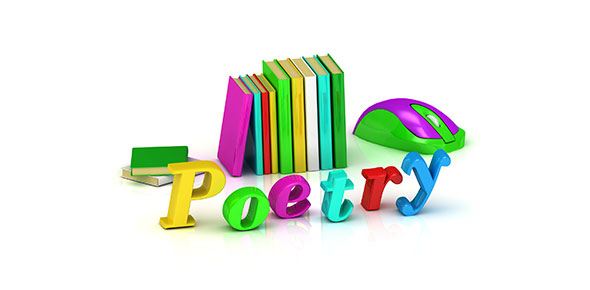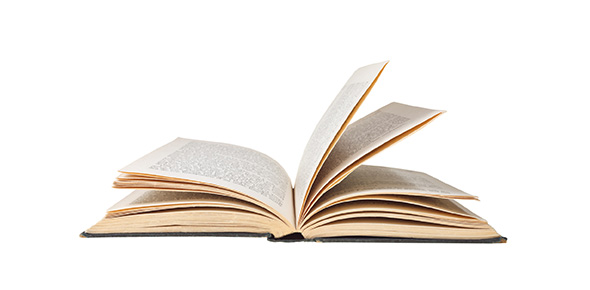Related Flashcards
Related Topics
Cards In This Set
| Front | Back |
|
"[Stop all the clocks, cut off the telephone]"
|
Author is W.H.Auden. The narrator is a woman and her lover has died so she is saying nothing can be good anymore, so take away all the light in the world
|
|
"Married Love"
|
Author is Liz Rosenberg. The narrator is talking about being married and how she yearns for that beginning love feeling from everyone, including the gas attendant. She says she married young and now the smolder is gone.
|
|
"[Let me not to the marriage of true minds]"
|
Author is William Shakespeare. The narrator believes that love is "an ever fixed mark" that withstands the test of time, and never alters.
|
|
"love poem"
|
Author is Linda Pastan. The narrator compares love to a creek that carries branches and when it swells the lovers must grab each other and hold on.
|
|
"Persimmons"
|
The author is Li-Young Lee. The narrator talks about his difficulty distinguishing words in school and the importance of persimmons in his life. The narrator's father is blind and the son finds a painting of persimmons that the father painted blind.
|
|
"Those Winter Sundays"
|
The author is Robert Hayden. The narrator reflects on how when he was young he did not realize all that his father did and sacrificed for him, such as getting up early to make the house warm. He also talks about the "chronic angers" of the house.
|
|
"Hanging Fire"
|
The author is Audre Lorde. The narrator is fourteen and is going through insecurities, such as why her knees are so ashy. She is looking for guidance and seems lost and insecure, but her mom is not there to help her (she is in the bedroom with the door closed)
|
|
"They Flee From Me"
|
The author is Sir Thomas Wyatt. The narrator talks about the women that he once had but are now gone from him. He remembers one specific time when a woman held him in her arms. He believes they not forsake him because of his kindness. He wonders what karma she has coming to her for how she made him suffer.
|
|
"The Good-Morrow"
|
The author is John Donne. The narrator contemplates what we did as children before we knew love. He talks about his current love being two hemispheres of one earth and compares love to a perfectly mixed element.
|
|
"Pied Beauty"
|
The author is Gerard Manley Hopkins. The narrator talks about how amazing god is for creating earth and all of the specked things upon it. He tells us to praise him.
|
|
"Morning"
|
The author is Billy Collins. The narrator talks about why he loves morning. He describes it as a time of buzzing around on caffeine and vitamins and steam. He asks why we bother with night time.
|
|
"[I dwell in Possibility]"
|
The author is Emily Dickinson. The narrator talks about how possibility is a "fairer house than prose" it is unlimited with many windows, and she can spread her hands far to grab paradise.
|
|
"Heaven"
|
The author is Cathy Song. The narrator talks about her son who believes when he dies he will go to heaven in China. The narrator talks about who might be her father and how he came from China to build railroad tracks and never went back.
|
|
"Question"
|
The author is May Swenson. The narrator is question what she will do when her love is gone. She asks many questions "how will i..." "what will i..." etc.
|
|
"[My Mistress' eyes are nothing like the sun]"
|
The author is William Shakespeare. This is a blazon which is describing the beloved by breaking down her parts. He thinks his love is rare and he describes her white skin and red lips.
|





